

We recently brought you news about Samsung's plan to launch a Samsung "dream team" to compete with Apple's ever-expanding silicon ambitions, which are set to give the iPhone 14 a huge edge against its rivals.
The idea is that this dream team of tech experts will create brand new Samsung silicon chips to power the firms best Samsung Galaxy phones.
The reason for this new project being considered is that for years now the best Android phones have relied on Qualcomm chips, with Snapdragon processing units commonplace among most Android flagships, to lead the fight against iPhone in terms of chip power and efficiency.
And, while there's nothing wrong with Qualcomm's chips – they're actually very fast and efficient, and in an alternative universe they might be the best – Apple unfortunately has other ideas. Apple silicon now delivers orders of magnitude better power and efficiency than anything Android can offer.
Starting with the A14 and M1 chips, Apple has been dominating mobile processors in every single way: power, speed, battery usage, everything. Apple is top by a long way.
Using an iPhone 13 Pro Max is a dream in a way that the Samsung Galaxy S22 Ultra just isn't. The same goes for the M1-powered MacBooks over similar Samsung laptops.
Of course, there are caveats to this – especially if you prefer Android or Windows – but the general idea, that Apple has catapulted itself far ahead of its competitors, rings completely true on all available metrics.
Sign up to the T3 newsletter for smarter living straight to your inbox
Get all the latest news, reviews, deals and buying guides on gorgeous tech, home and active products from the T3 experts
Even from a purely business perspective, where controlling inputs and outputs is fundamental, Apple's decision to bring things in-house makes sense. Sorry Intel, but Apple is just better at designing chips.
And that's something I think that we're now seeing Android phone makers starting to realise. Look at how Google has transitioned to making and using its own Tensor chips in its more recent handsets. And, while Samsung has had its Exynos range of custom processors, they've never been top dog on the market, often falling short of Qualcomm Snapdragon performance, let alone competing with Apple's A-series chips.
Samsung has a dream
So that's why Samsung's "dream team" makes a lot of sense.
The company itself has said that it is still evaluating its options but we think it makes perfect sense to build out its own new super chips, even if it takes multiple years. It looks like Samsung has realised it needs to go back to the drawing board in terms of chips in order to create one that can truly compete with Apple silicon.
In fact, Samsung already has extensive experience with semiconductors and memory, given that Samsung Electronics produces both for various applications. Applying that knowhow to smartphones makes all the sense in the world.
The Android smartphone market can often feel like a place for incremental, measured upgrades to handsets that five years ago would've handily beaten the iPhone. Sadly, once Apple wised up to making large-display devices, that's not longer the case.
We'll have to wait, though
Even if Samsung does decide to move forward with this plan, developing and rolling out custom chips takes a long, long time. Apple has likely been working on this strategy for a decade or more and now has its chip production down pat.
The goal for Samsung's new chips is reportedly 2025, which makes sense, but even that represents several generations of Galaxy devices that will automatically start from a position of weakness compared to the latest iPhone.
As such, it remains to be seen how inferior the Samsung Galaxy S23 flagship will be compared to the Apple iPhone 14 Pro, or indeed the Galaxy S24 and iPhone 15 Pro. If Samsung can catch up and compete, though, then for Android phone users it will be a time worth waiting.
Want the best Samsung has to offer right now?
Max Slater-Robins has written for T3 now on and off for over half a decade, with him fitting in serious study at university in between. Max is a tech expert and as such you'll find his words throughout T3.com, appearing in everything from reviews and features, to news and deals. Max is specifically a veteran when it comes round to deal hunting, with him seeing out multiple Black Friday campaigns to date.
-
 Android Auto could add a feature that nobody asked for, but might appreciate anyway
Android Auto could add a feature that nobody asked for, but might appreciate anywayThis futuristic addition to Android Auto could change the experience forever
By Chris Hall Published
-
 Supercharge your aerobic engine with this three-move rower workout
Supercharge your aerobic engine with this three-move rower workoutImprove your cardiovascular fitness and burn through calories
By Bryony Firth-Bernard Published
-
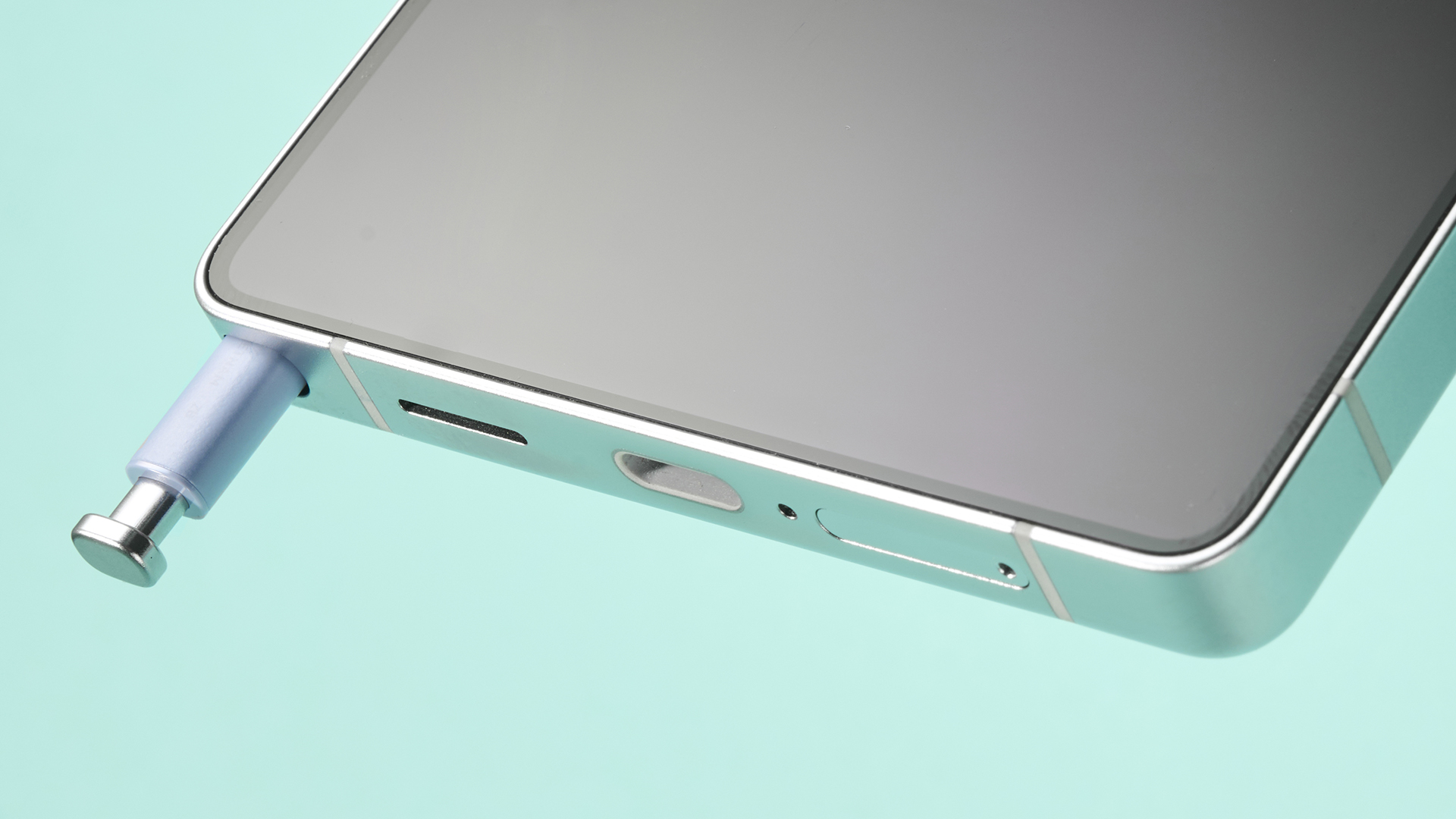 Samsung Galaxy devices could lose a unique feature after all
Samsung Galaxy devices could lose a unique feature after allThat's despite recent claims to the contrary
By Sam Cross Published
-
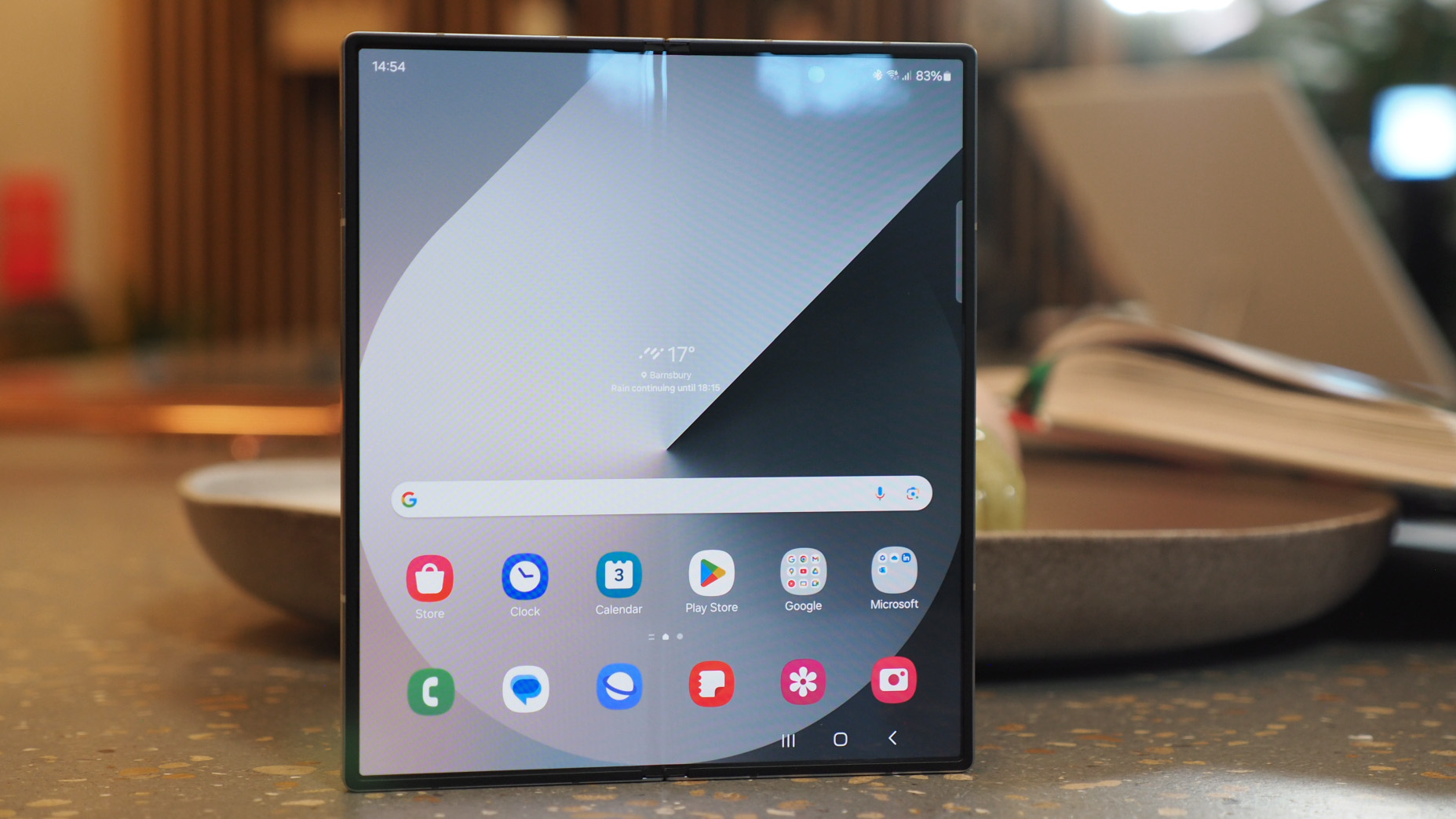 Samsung Galaxy handsets could get a massive free software upgrade as soon as this summer
Samsung Galaxy handsets could get a massive free software upgrade as soon as this summerThat's way sooner than expected
By Sam Cross Published
-
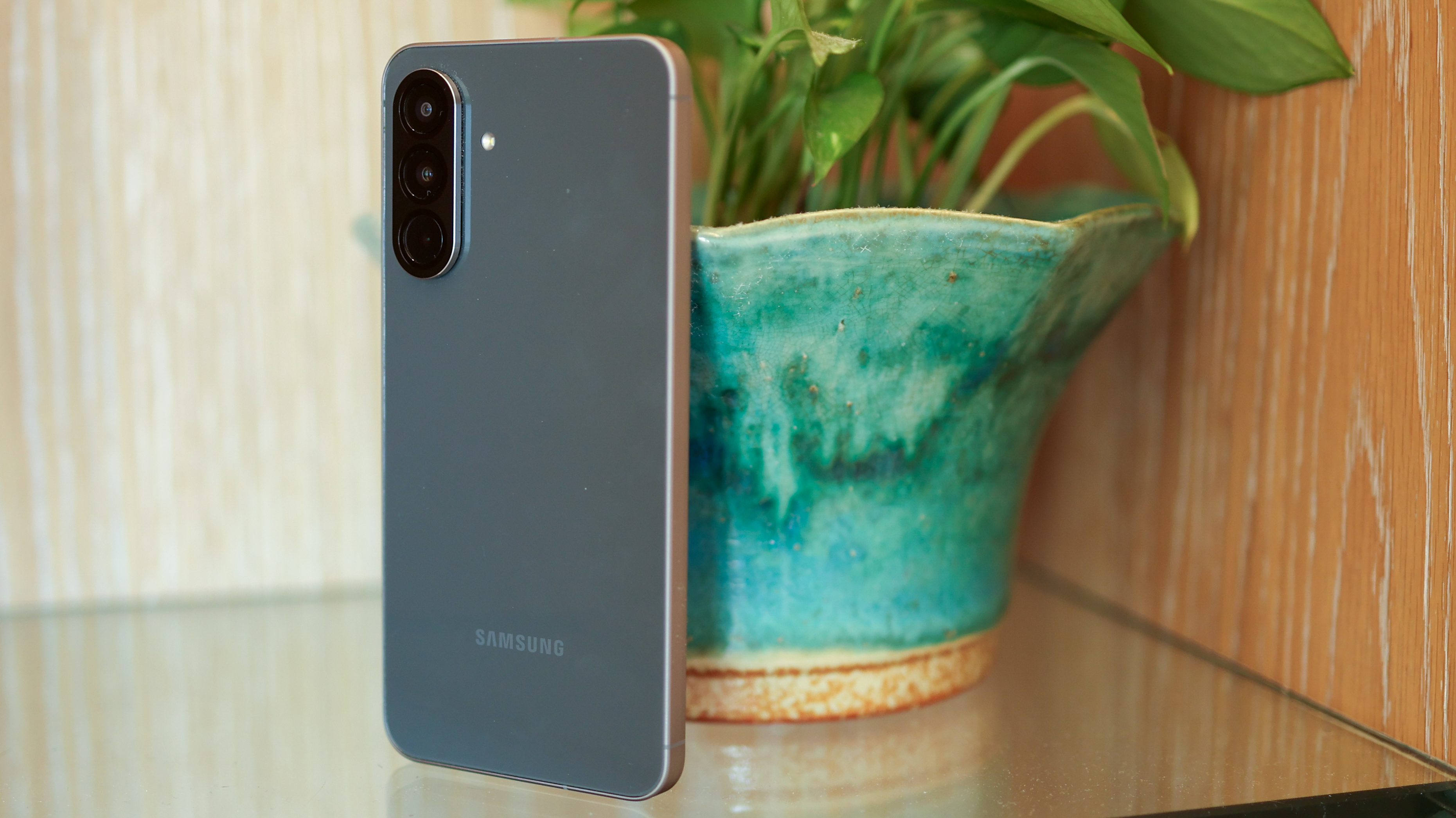 Samsung's affordable phones get Awesome Intelligence upgrade for free
Samsung's affordable phones get Awesome Intelligence upgrade for freeAnd its available to install right now
By Britta O'Boyle Published
-
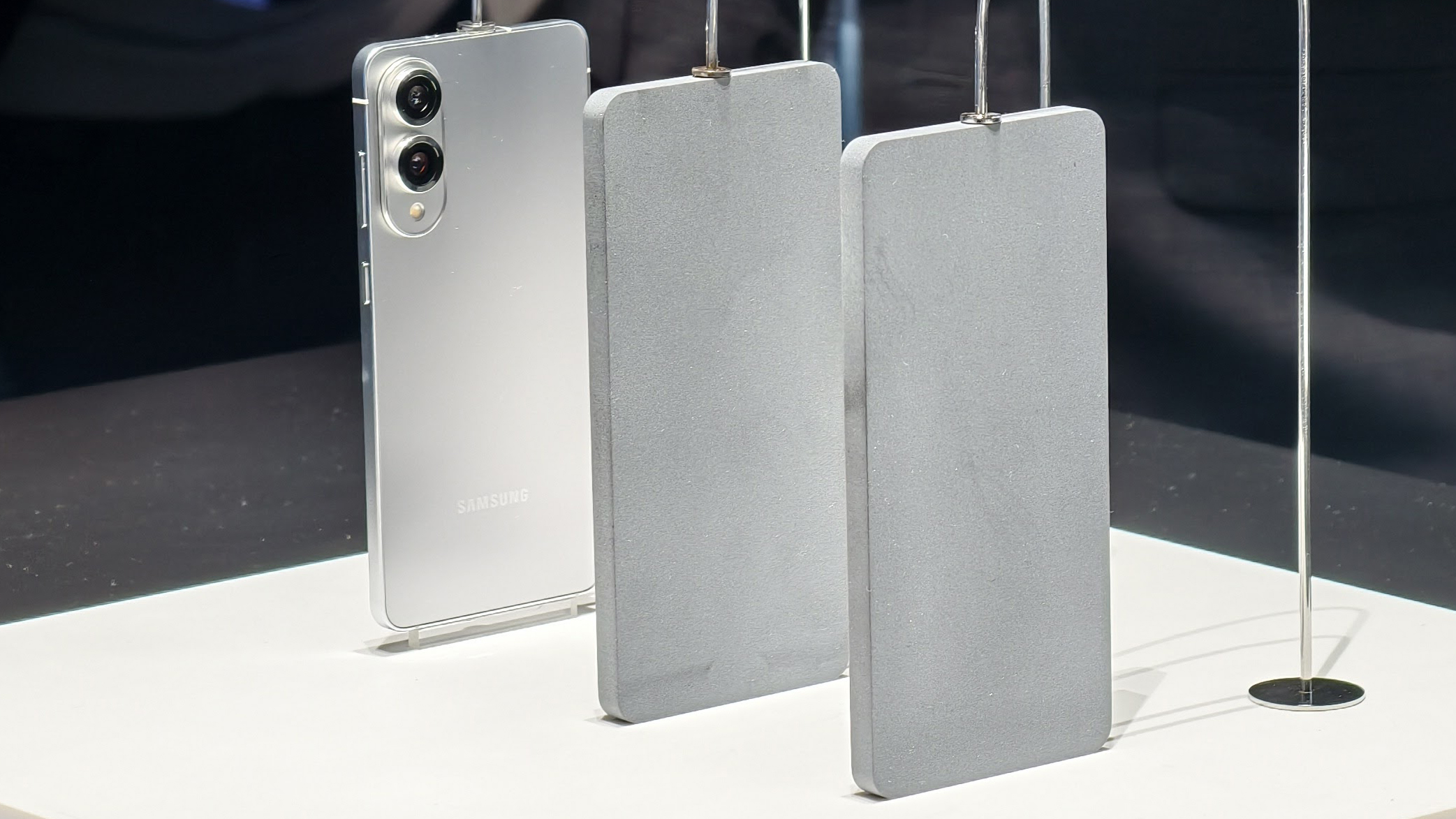 Samsung Galaxy S25 Edge could launch sooner than expected, because of space and time
Samsung Galaxy S25 Edge could launch sooner than expected, because of space and timeYou don't have to be a Doctor to realise why
By Britta O'Boyle Published
-
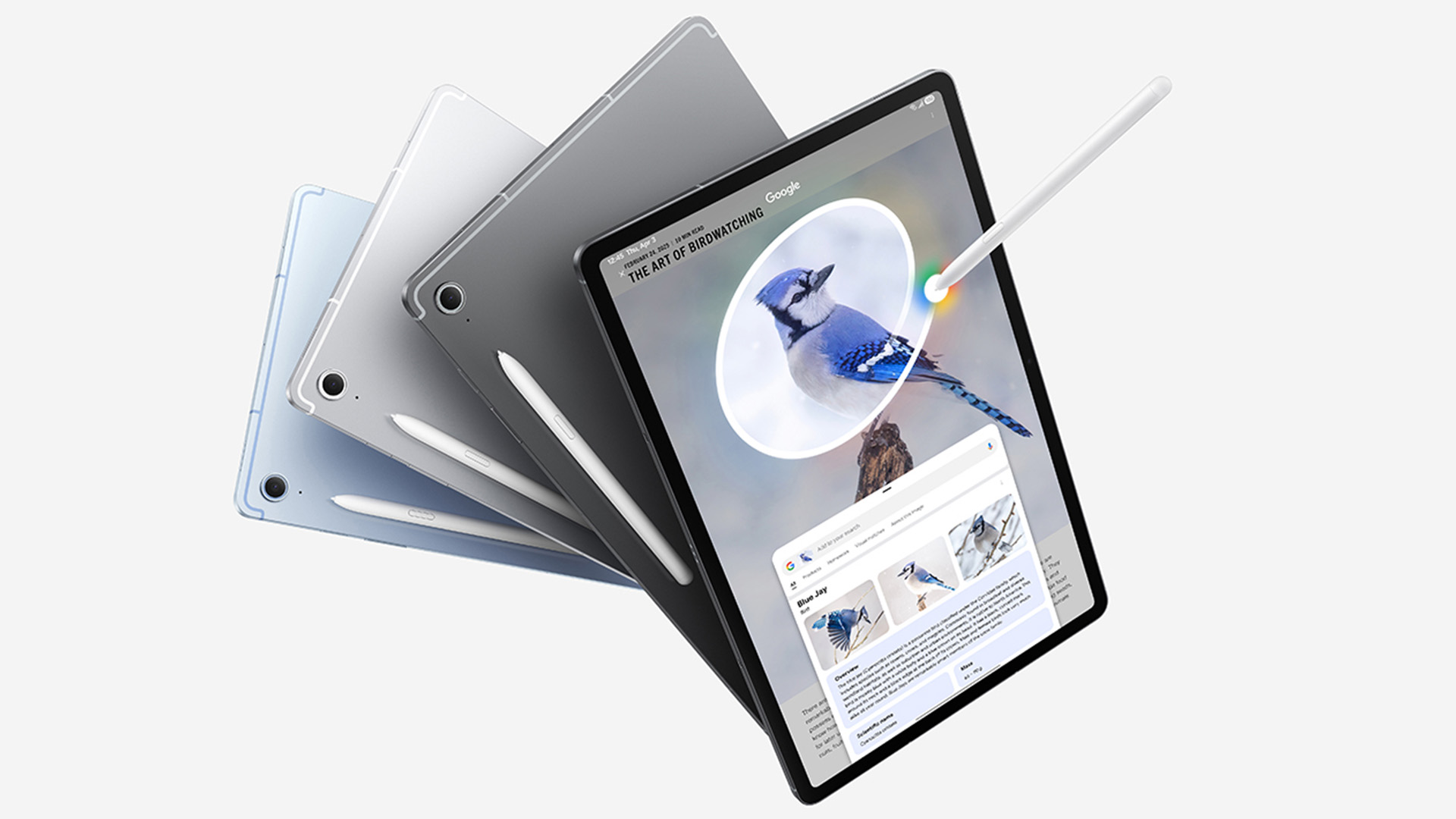 The Galaxy Tab S10 FE might be Samsung's best-value tablet yet
The Galaxy Tab S10 FE might be Samsung's best-value tablet yetA great new semi-premium entrypoint
By Max Freeman-Mills Published
-
 Samsung's bezel breakthrough could slash the cost of big-screen 8K OLED TVs
Samsung's bezel breakthrough could slash the cost of big-screen 8K OLED TVsMassive TV panels are really hard to make – so why not just tile multiple smaller ones instead?
By Carrie Marshall Published
-
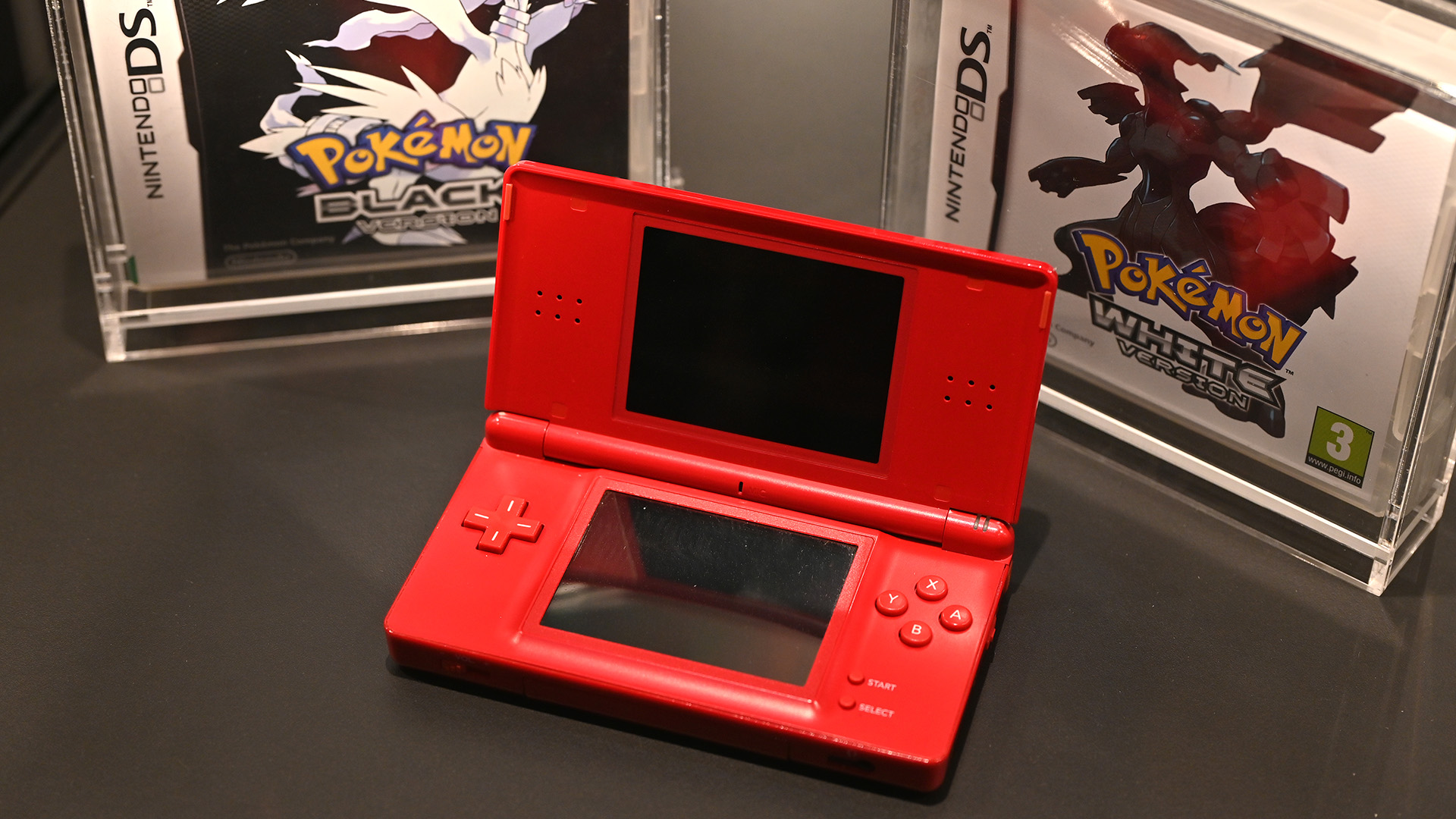 Samsung wants to turn the Z Flip phone into a Nintendo DS
Samsung wants to turn the Z Flip phone into a Nintendo DSA patent discovery shows an interesting accessory for the Z Flip foldable
By Rik Henderson Published
-
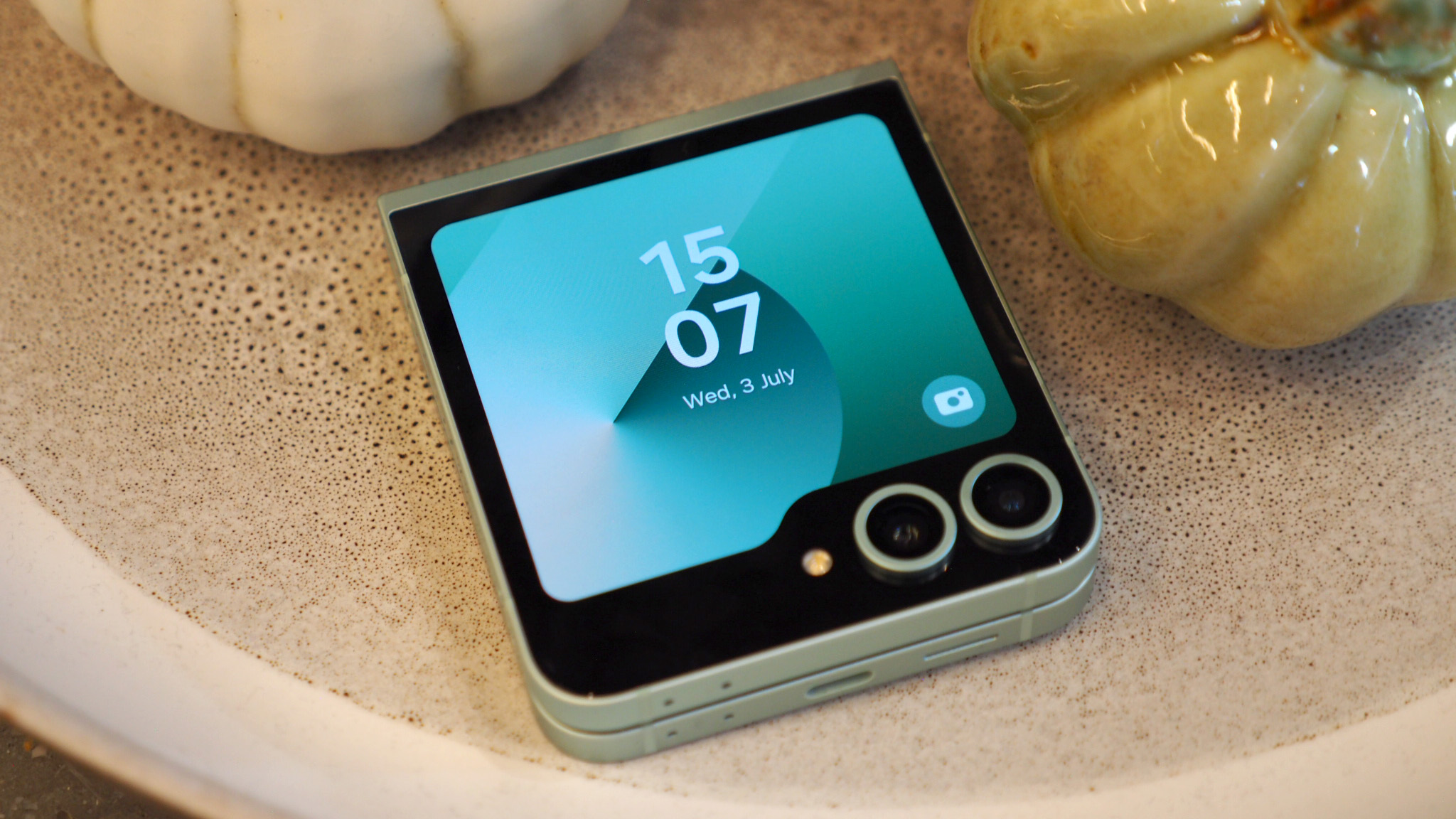 Leaked Samsung Galaxy Z Flip 7 FE images make us simply ask, "Why?"
Leaked Samsung Galaxy Z Flip 7 FE images make us simply ask, "Why?"Well, and when?
By Britta O'Boyle Published